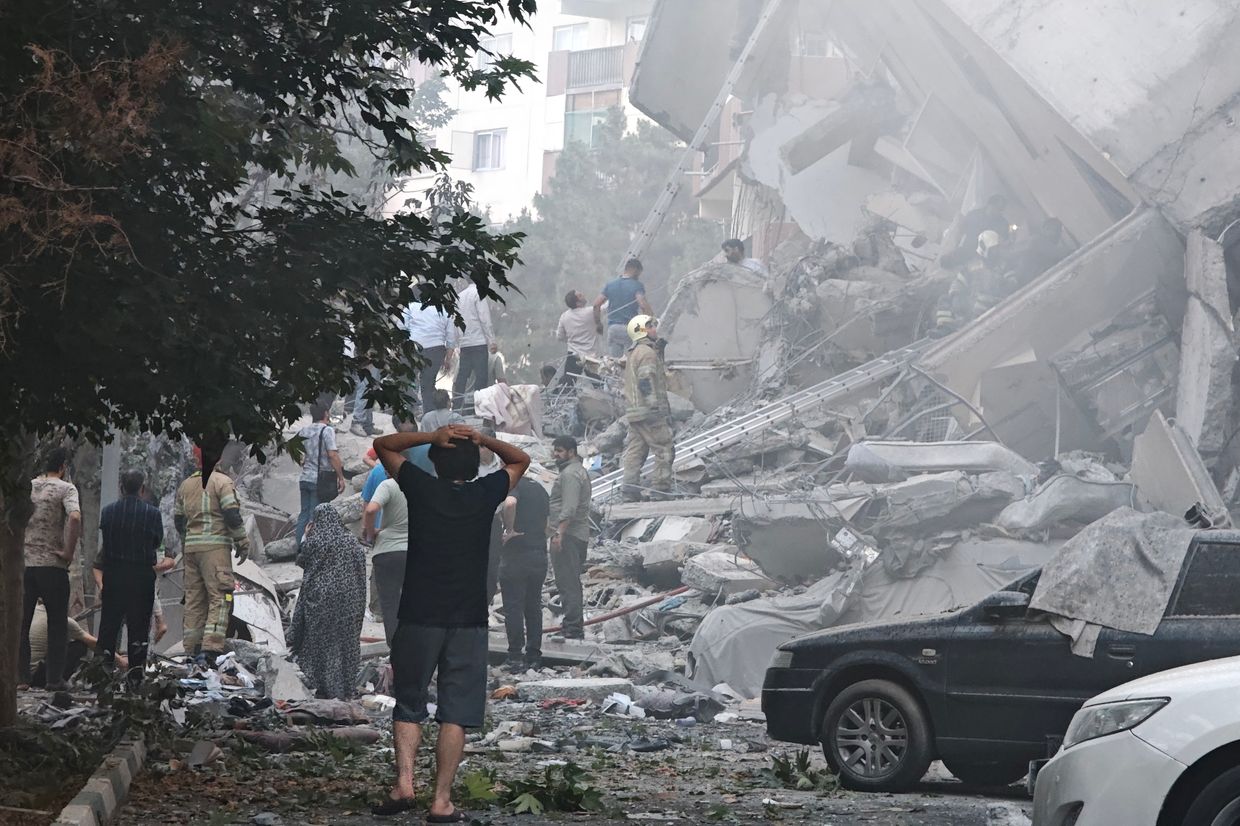Justice Dept. Is Said to Be Investigating D.C. Mayor Over Foreign Trip

© Eric Lee for The New York Times

© Eric Lee for The New York Times

© Ibraheem Al Omari/Reuters

© Haiyun Jiang/The New York Times

© Haiyun Jiang/The New York Times
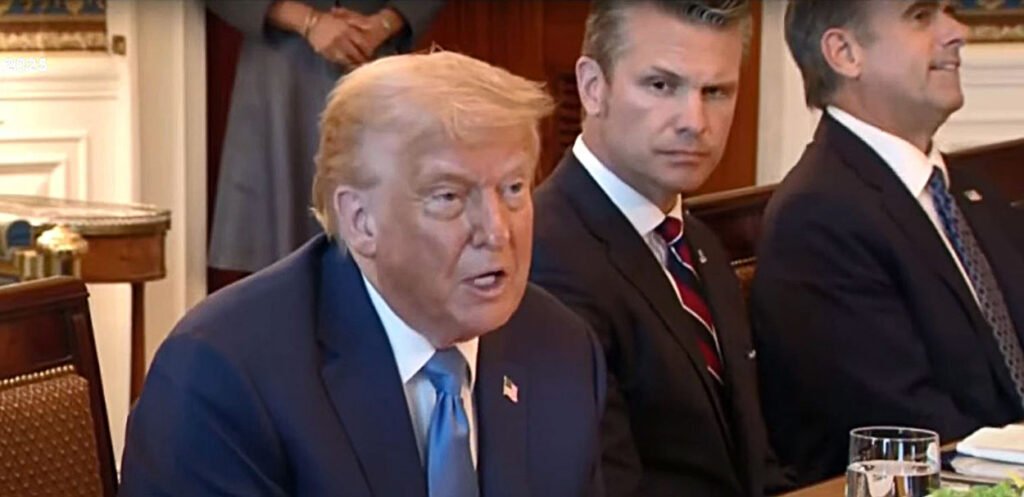
US President Donald Trump said on 25 October that Russia's war on Ukraine remains deadlocked due to “a lot of hatred" between the Ukrainian and Russian leaders and a lack of progress in talks. Speaking to reporters aboard Air Force One during a refueling stop in Qatar en route to Malaysia, Trump said he would not agree to meet Russian President Vladimir Putin again unless a concrete peace agreement was likely.
Trump made it clear that future engagement with Putin would only happen if a settlement to end the war was realistically achievable.
“You have to know that we’re going to make a deal. I’m not going to be wasting my time,” Trump told reporters, according to RFE/RL.
He added that although he had “always had a great relationship with Vladimir Putin,” the recent contacts have been "very disappointing."
“Every time I speak with Vladimir, I have good conversations, and then they don’t go anywhere,” Trump said.
According to Forbes, Trump said earlier he had canceled the previously planned meeting with Putin in Budapest because “it just didn’t feel right.” He added, “It didn’t feel like we were going to get to the place we have to get.”
Trump noted that he expected the Ukraine war to be resolved faster than the Israel-Hamas conflict.
“I thought this would have gotten done before peace in the Middle East,” he said, according to The Hill.

He then contrasted the lack of progress in Ukraine with his success mediating between Armenia and Azerbaijan, claiming his role in the conflict resolution between the two Caucasus countries.
“We have Azerbaijan, Armenia — that was very tough. In fact, Putin told me on the phone he said, ‘Boy, that was amazing’ because everybody tried to get that done and they couldn’t. I got it done,” Trump said.
Despite his earlier optimism, Trump said that entrenched hostility is preventing progress in Ukraine.
“There’s a lot of hatred between the two,” he said, referring to Putin and Ukrainian President Volodymyr Zelenskyy. “I could say almost any one of the deals that I’ve already done I thought would have been more difficult than Russia and Ukraine, but it didn’t work out that way.”
He also suggested that international pressure on Russia should increase.
“You probably saw today, China is cutting back substantially on the purchase of Russian oil and India is cutting back completely. And we’ve done sanctions,” Trump said, referring to new American sanctions against Russia's top oil companies, Rosneft and Lukoil.

He added that he would urge Chinese President Xi Jinping to keep limiting Russian oil imports when they meet later during his trip to South Korea.
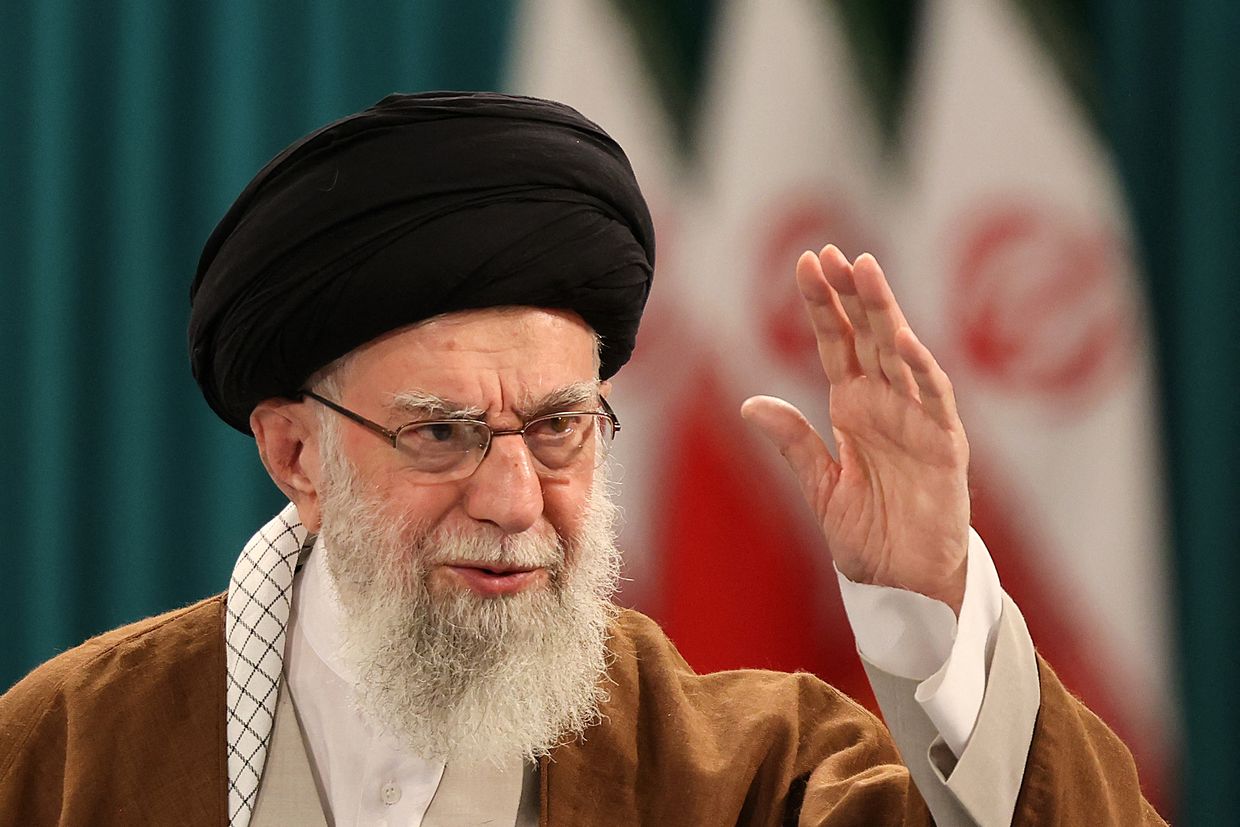
Editor's note: This story is being updated.
Iran launched multiple missiles at U.S. military bases in the Middle East, targeting sites in Qatar and Iraq, a day after the U.S. conducted air strikes on nuclear sites in Iran.
At least 10 missiles were reportedly fired at the Al Udeid Air Base in Qatar and at least one toward a base in Iraq, Axios reported, citing an Israeli source.
The U.S. Defense Department confirmed that Iran launched several short- and medium-range missiles at Al Udeid Air Base, the New York Times reported. According to the Pentagon, there have been no reports of American casualties.
President Donald Trump downplayed Iran's response to the recent U.S. strike on its nuclear facilities, describing Tehran’s retaliation as limited and largely ineffective. "There have been 14 missiles fired — 13 were knocked down, and 1 was 'set free,' because it was headed in a nonthreatening direction," Trump said in a statement on Truth Social. He emphasized that no Americans were harmed and that the damage was minimal.
Trump went on to say, "Most importantly, they’ve gotten it all out of their ‘system,’ and there will, hopefully, be no further HATE." Ending on a conciliatory note, Trump added that he would "enthusiastically encourage Israel" to pursue peace in the region.
Iranian President Masoud Pezeshkian wrote on X that his country "neither initiated the war nor wanted it, but we will not leave the aggression against the great Iran unanswered."
Iran's targeting of U.S. assets marks a dangerous widening of the conflict, raising fears of further destabilization in the region.
The missile strikes come in response to the June 21 U.S. air campaign that targeted three nuclear facilities in Iran — Fordow, Natanz, and Esfahan — as Washington joined Israel's military operation against Tehran's nuclear program.
The escalation follows Israel's June 13 attack that prompted Iran to retaliate with missile attacks on Tel Aviv and other cities, killing multiple civilians, including five Ukrainian citizens.
Iran is a key supplier of weapons to Russia, including Shahed-type drones and ballistic missiles used in attacks on Ukrainian cities. Israel, which hosts a significant Russian-speaking population, has not joined Western sanctions against Moscow.
On June 13, Kyiv expressed concern over the security situation in the Middle East, describing Tehran as a "source of problems" in the region and beyond.
 The Kyiv IndependentLucy Pakhnyuk
The Kyiv IndependentLucy Pakhnyuk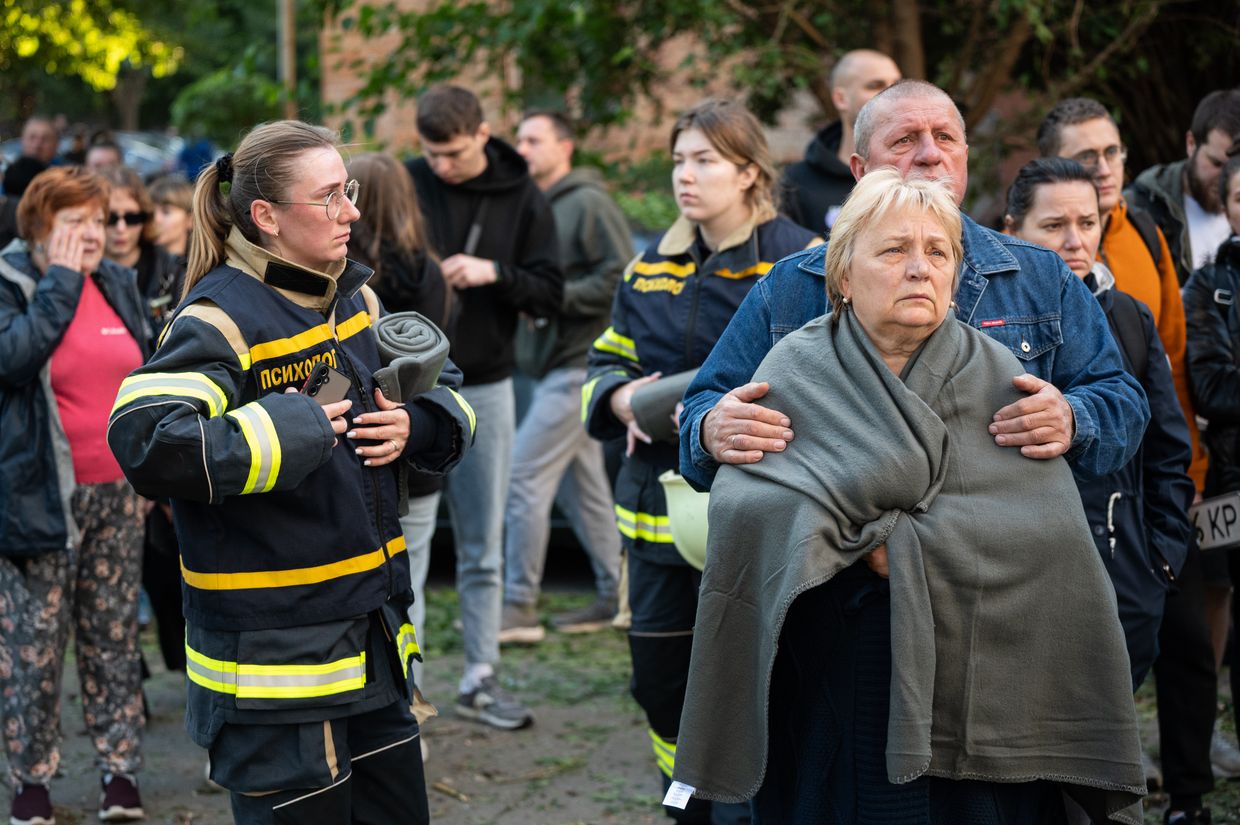
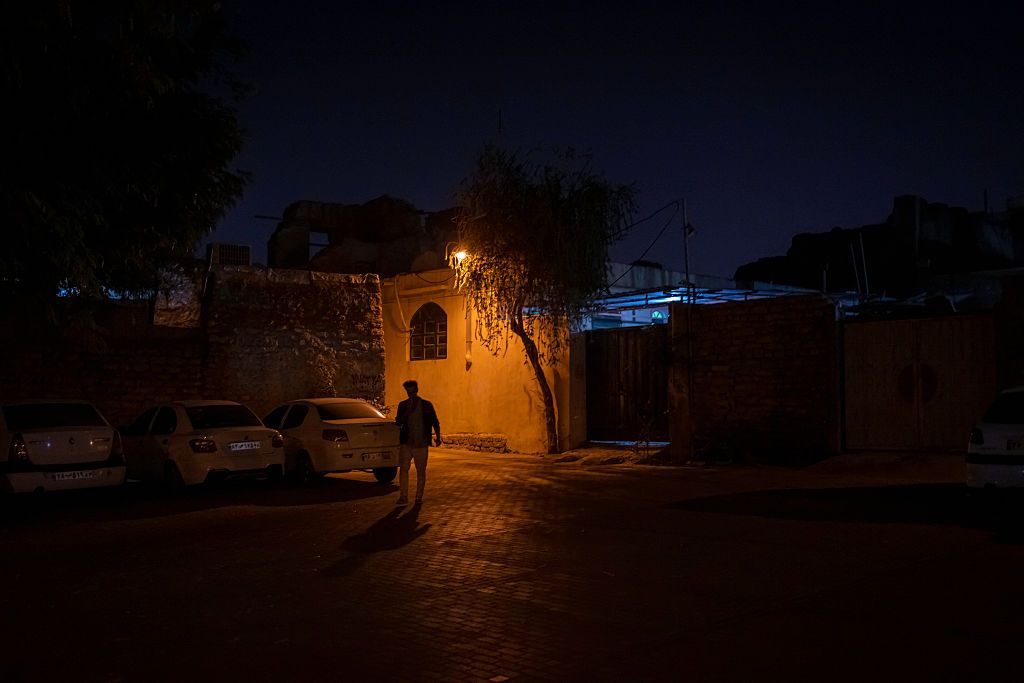
Iran has partially suspended production at the South Pars gas field — the world’s largest — after an Israeli airstrike triggered a fire at the site, the semi-official Tasnim news agency reported on June 14, according to Reuters. If confirmed, it would mark the first Israeli strike targeting Iran’s vital oil and gas infrastructure.
The South Pars field, located offshore in southern Bushehr province, is responsible for the bulk of Iran’s gas output. Tehran shares the field with Qatar, which refers to its portion as the North Field. A strike on South Pars represents a significant escalation, coming after oil prices surged 9% on June 13 following Israel’s initial wave of attacks, which had not targeted energy infrastructure, Reuters reports.
Israel launched its air offensive against Iran on June 13, killing commanders and scientists and bombing nuclear sites, in what it described as an effort to prevent Tehran from developing nuclear weapons.
The Iranian oil ministry said the fire caused by the strike has been extinguished. According to Tasnim, the fire broke out in one of four units of Phase 14 at South Pars, halting the production of 12 million cubic meters of gas.
Iran, the world’s third-largest gas producer after the United States and Russia, produces around 275 billion cubic meters of gas per year, about 6.5% of global output.
Due to international sanctions, the country consumes most of this domestically. Qatar, which operates the majority of the shared field with support from global firms such as Exxon and Shell, produces 77 million tonnes of liquefied natural gas annually, supplying both European and Asian markets.
 The Kyiv IndependentChris York
The Kyiv IndependentChris York